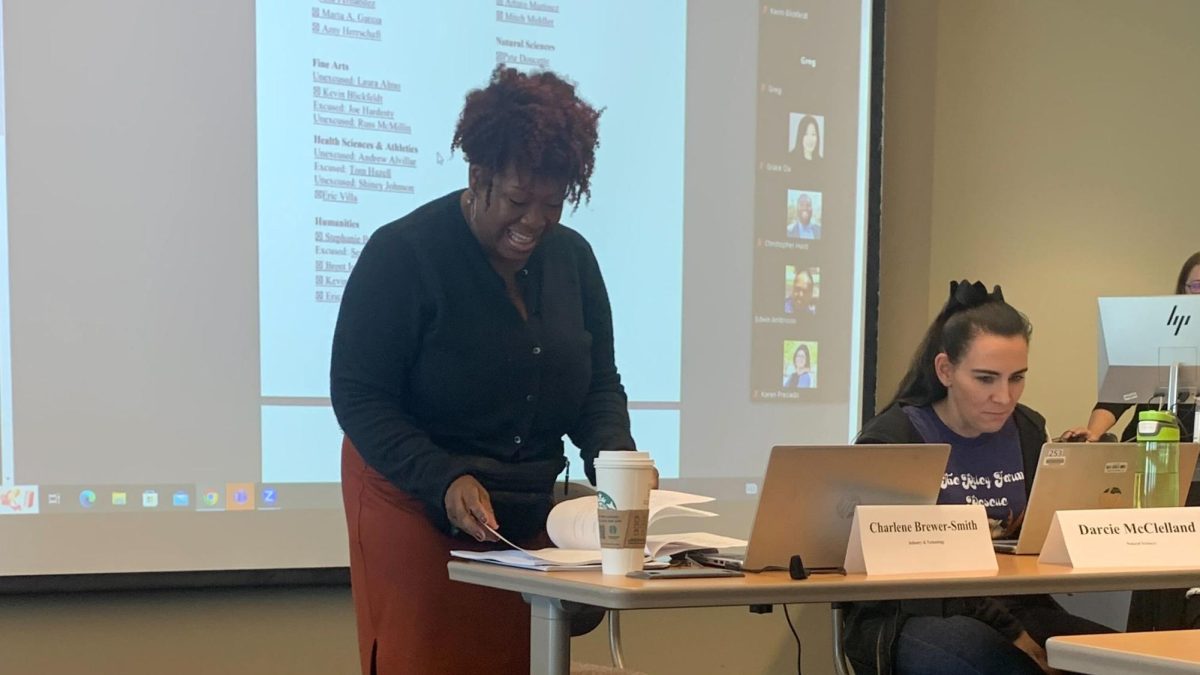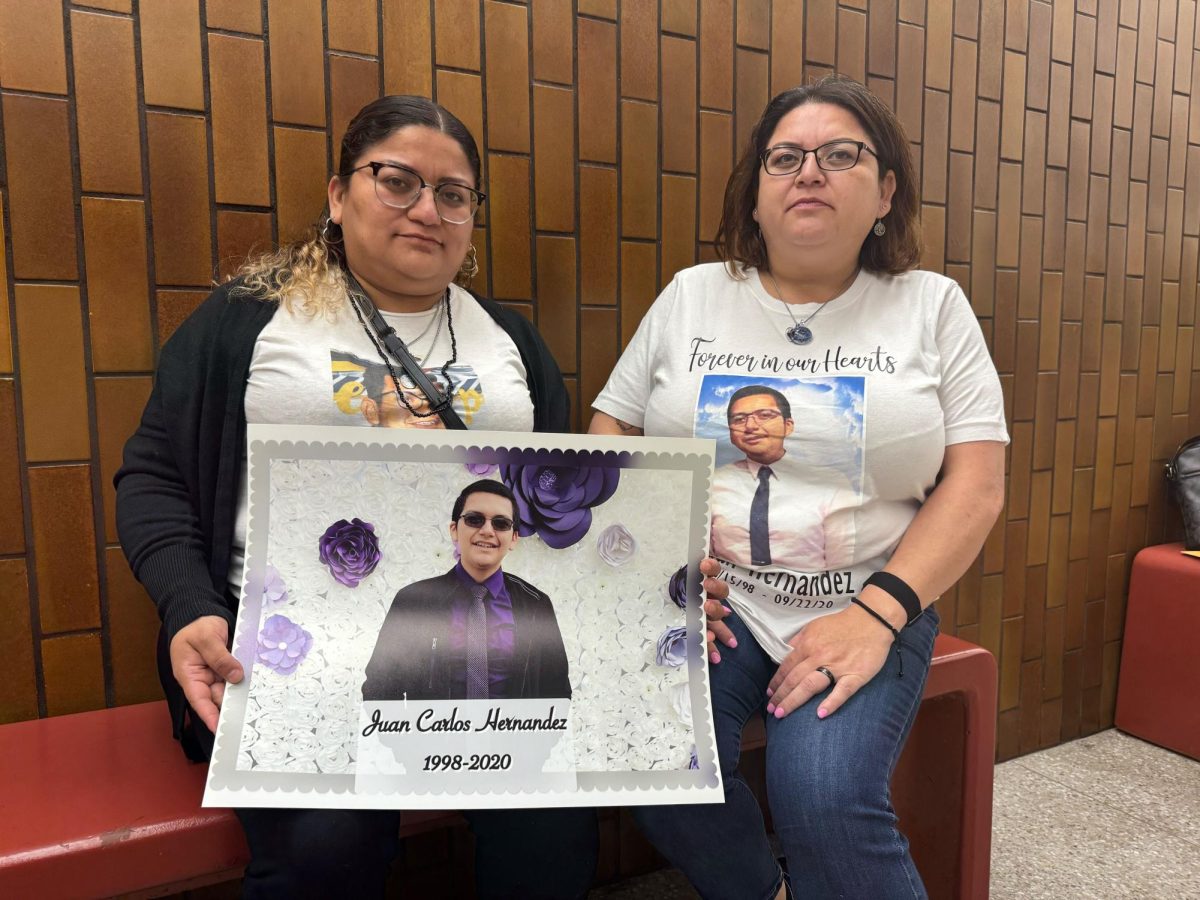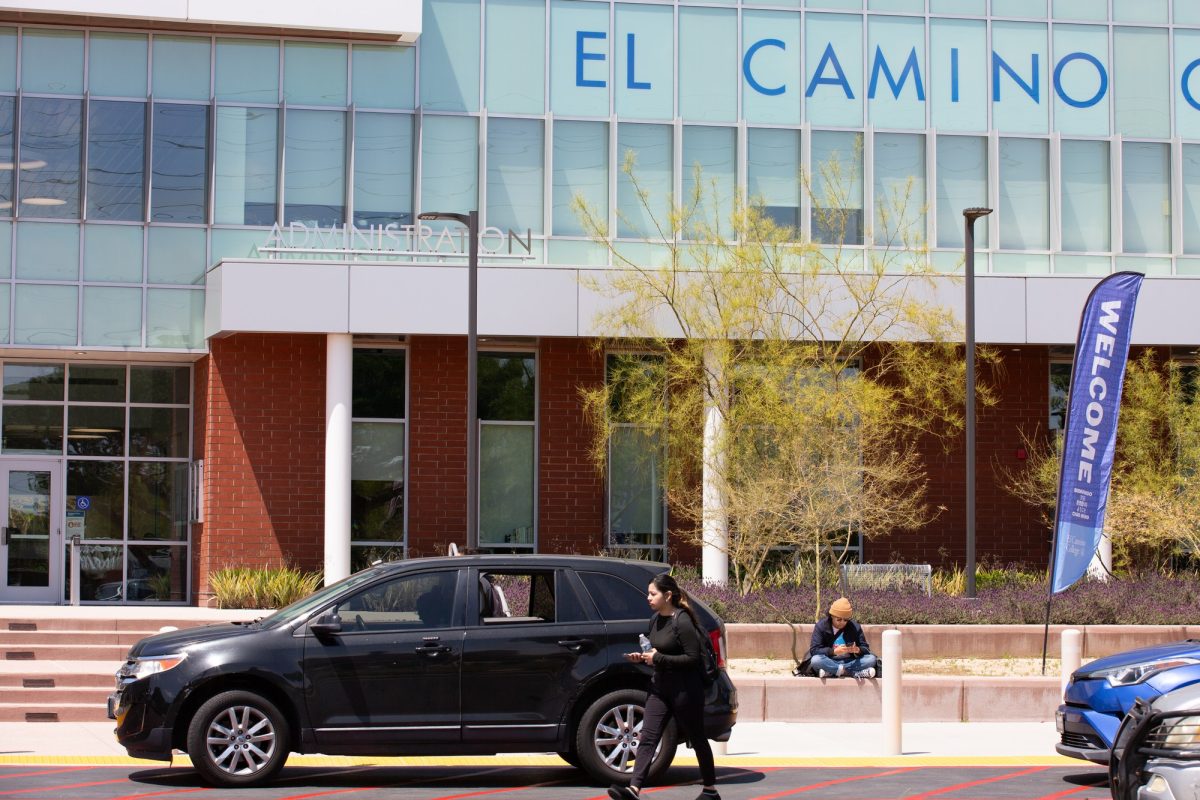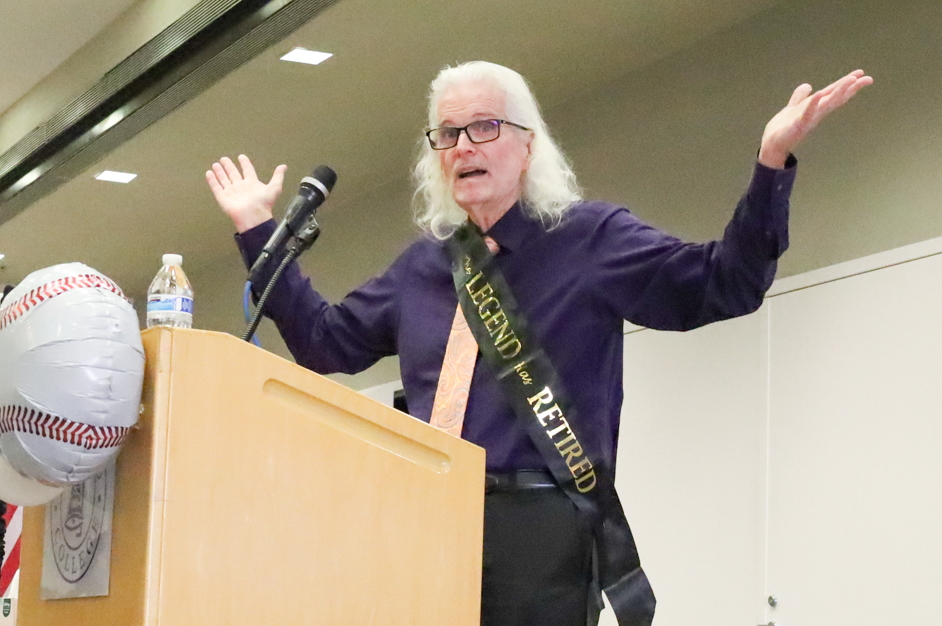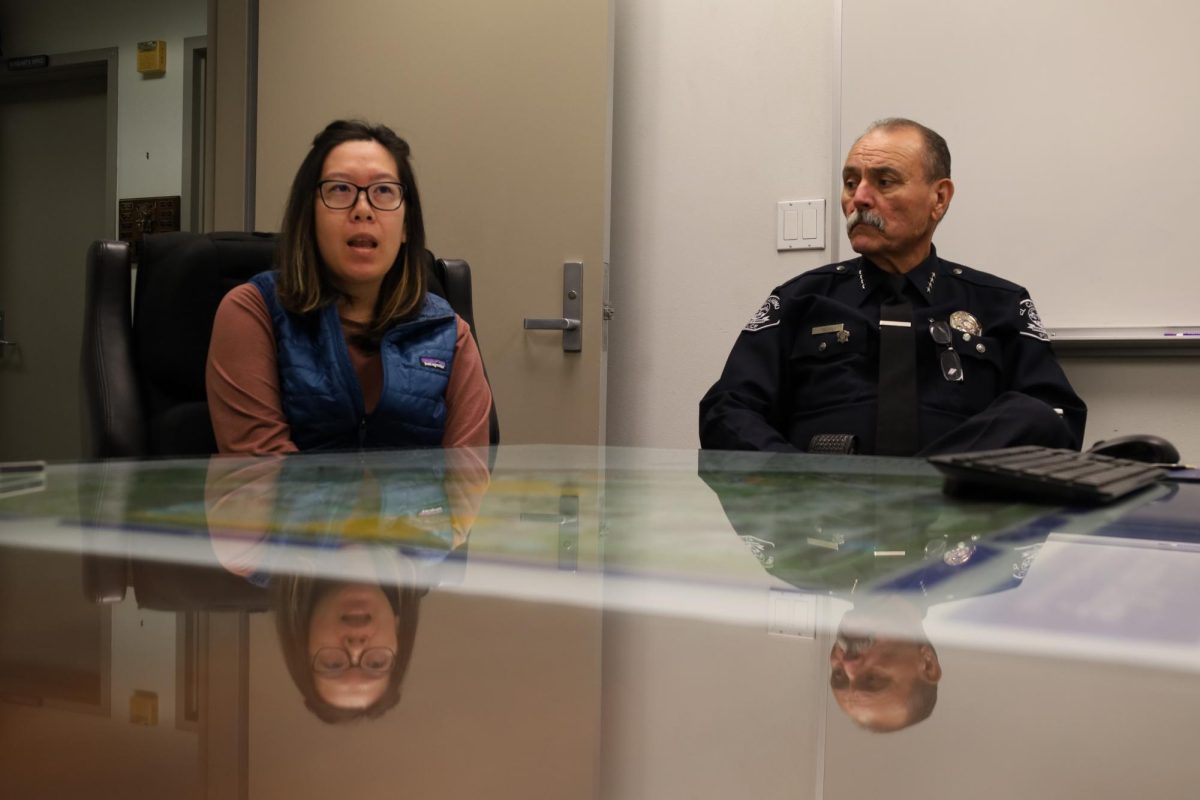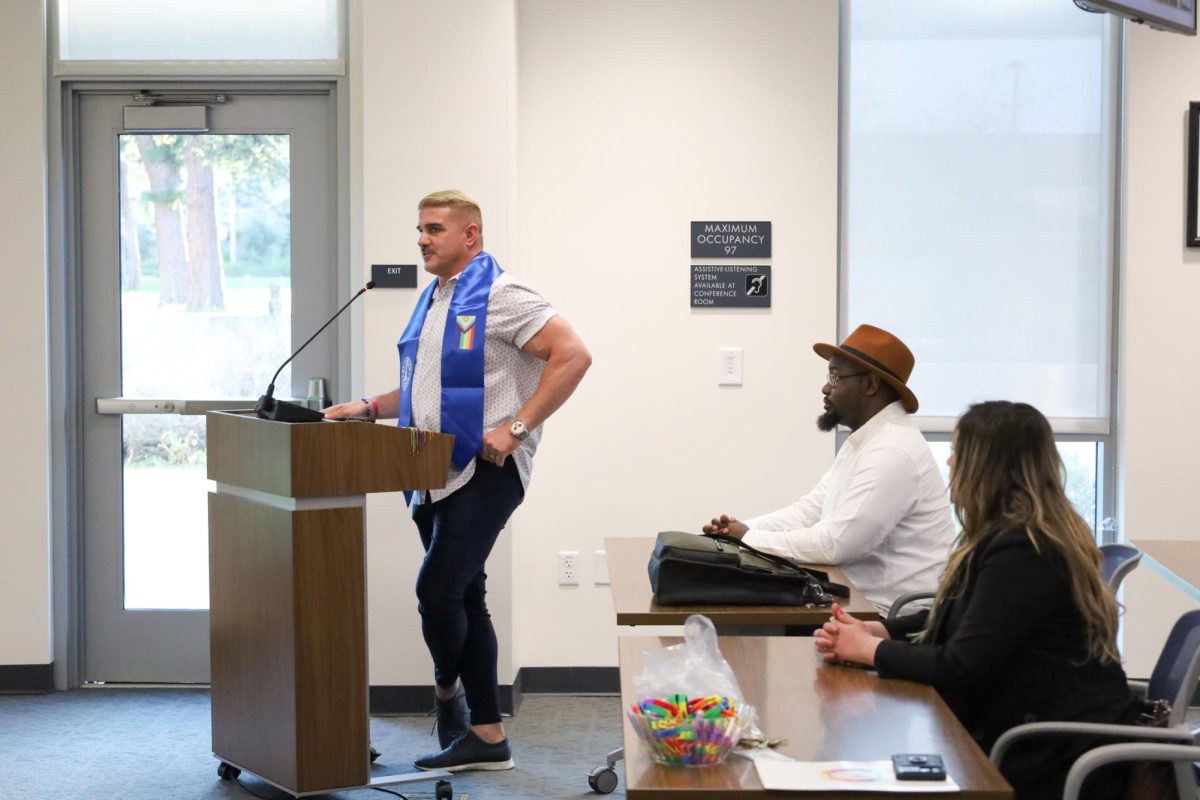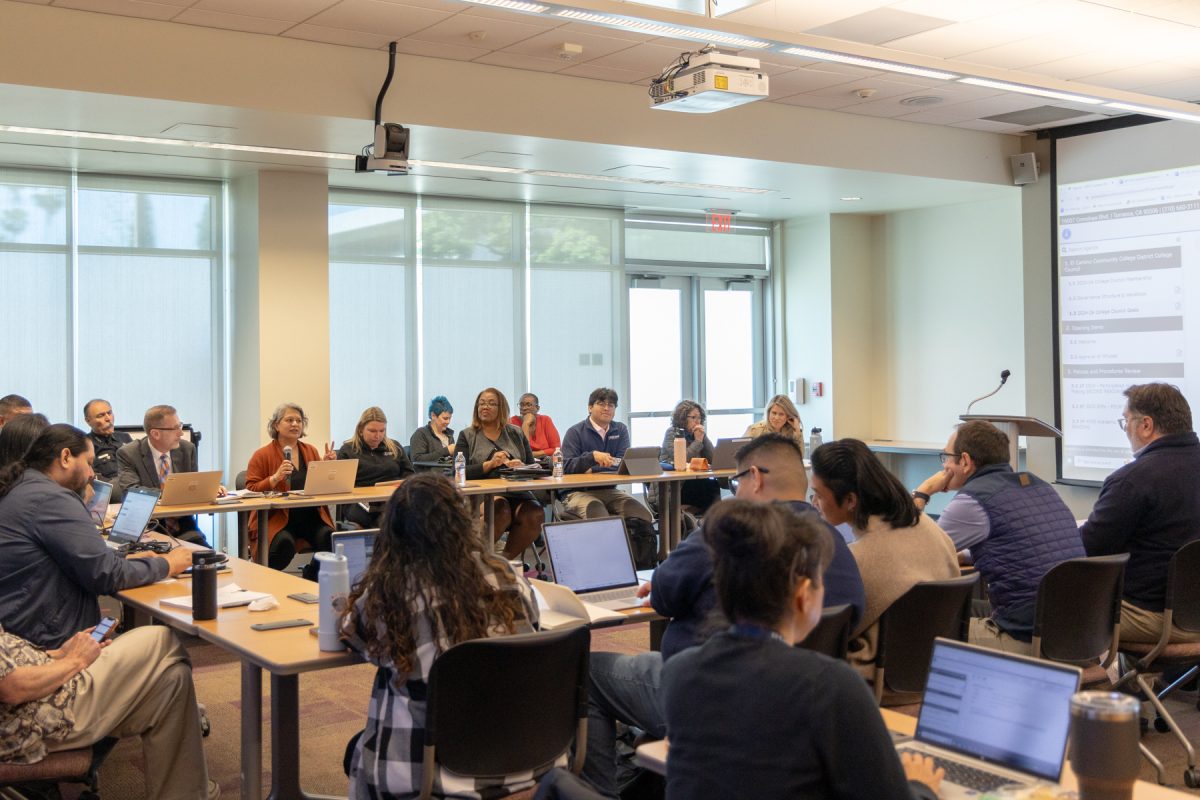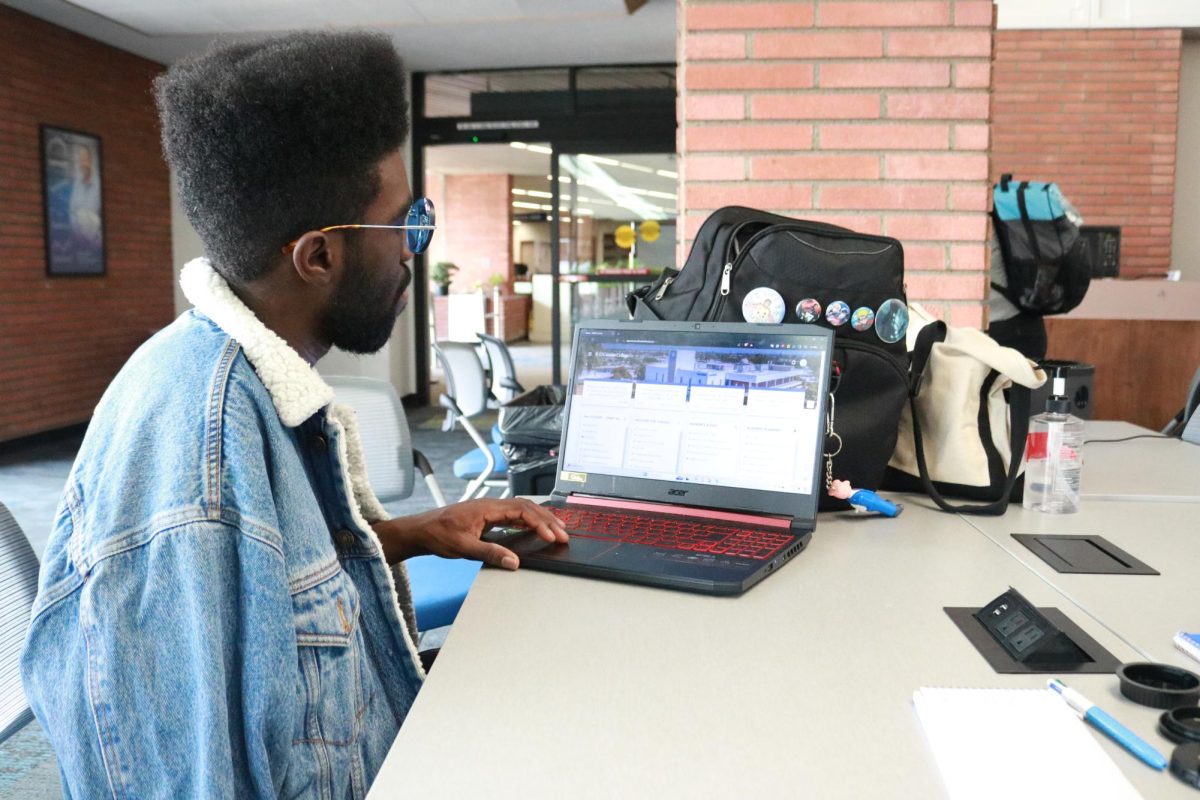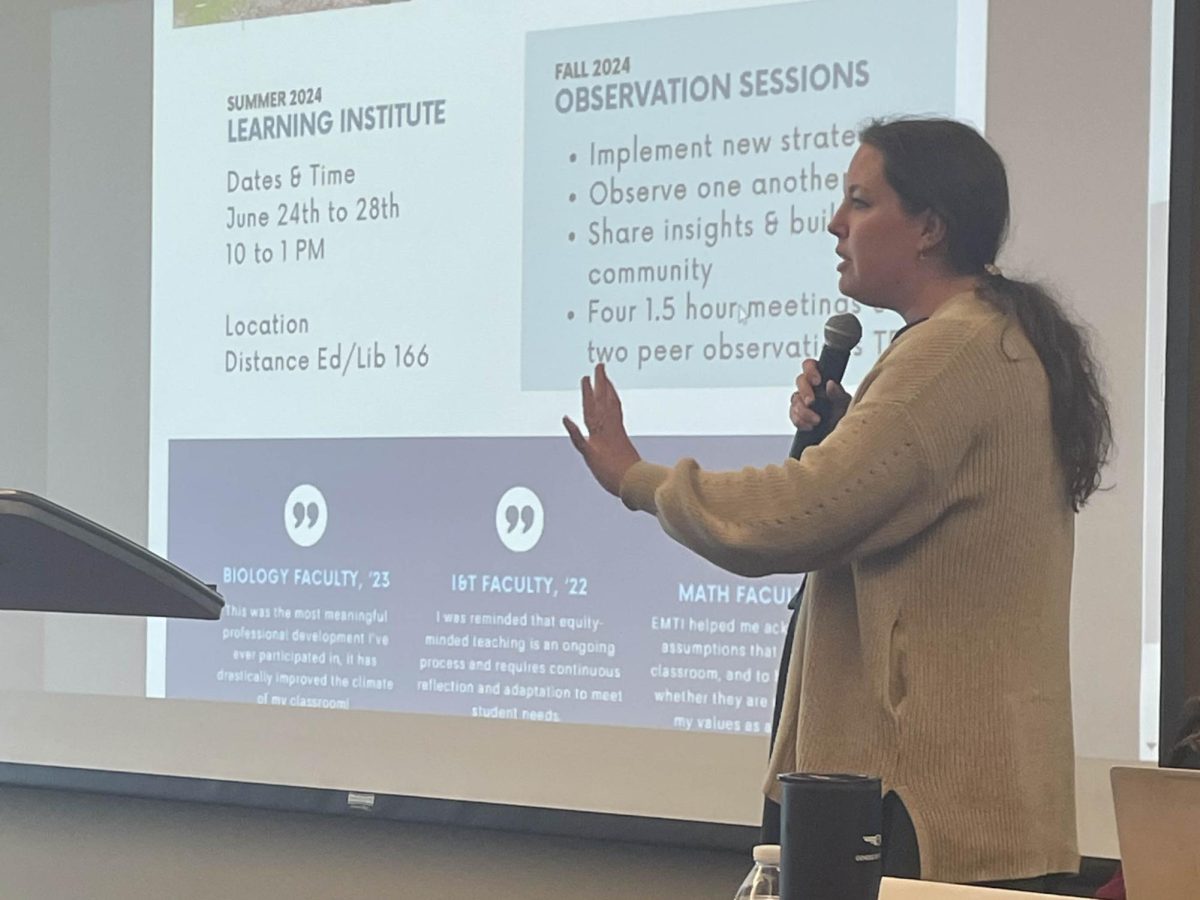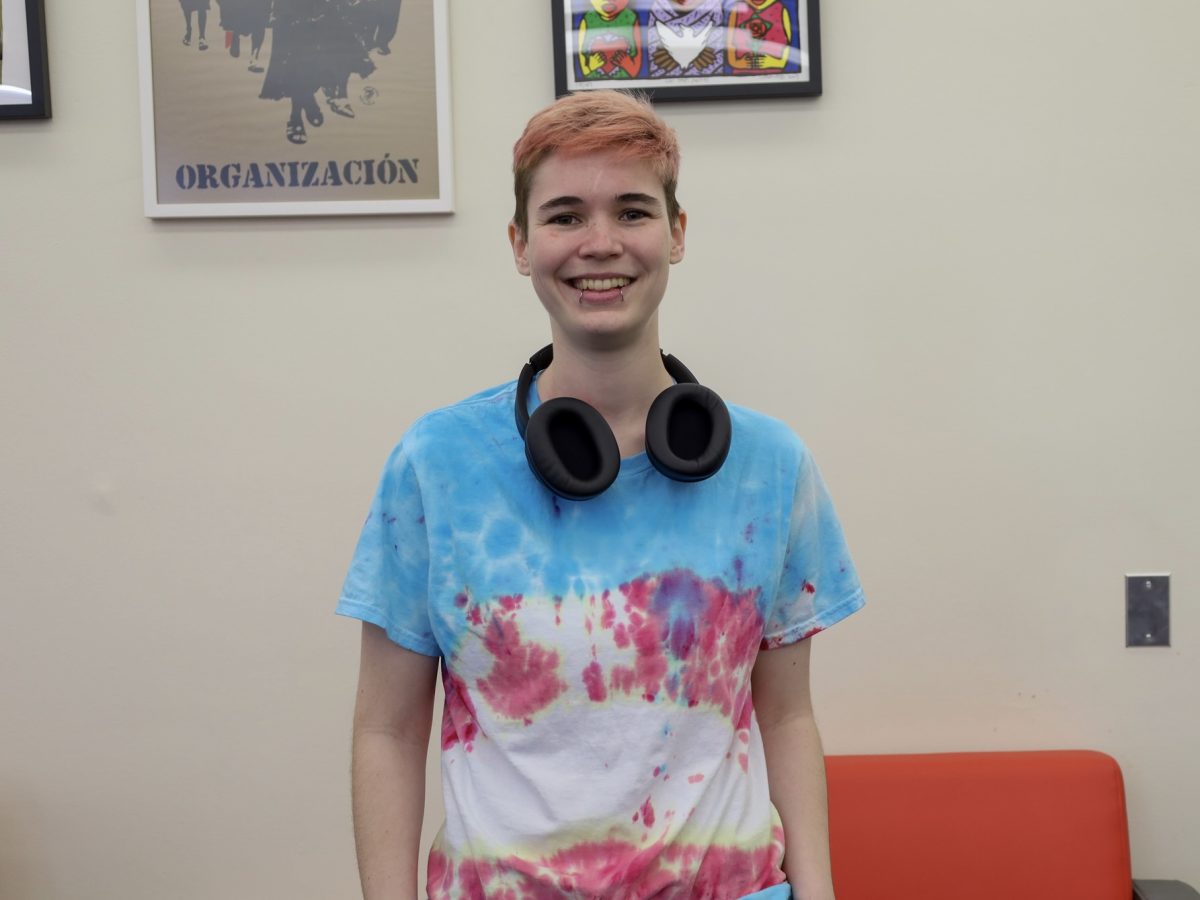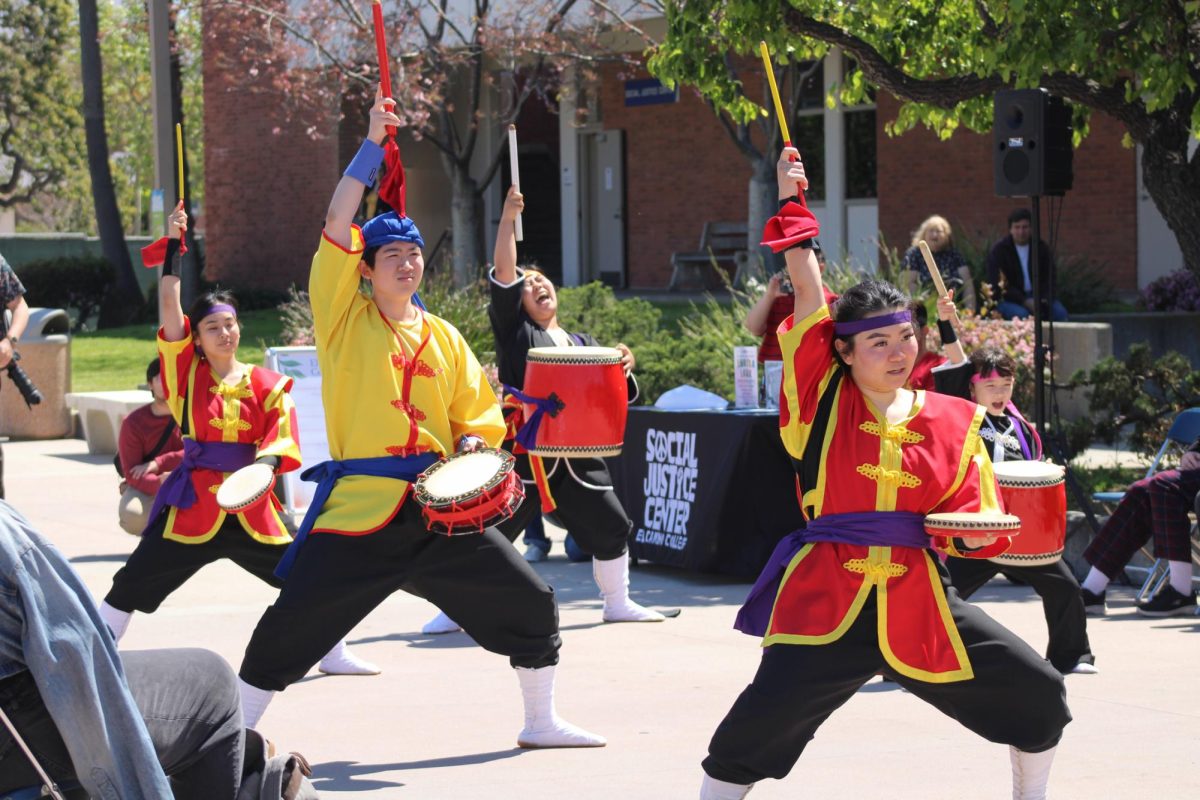Students may not be allowed to use artificial intelligence without the consent of an instructor pending an approval of a new rule in El Camino College’s academic dishonesty policy.
The proposed policy change would mean El Camino would consider the use of any artificial intelligence software or applications, except with instructor consent, officially dishonest.
The Oct. 17 Academic Senate meeting introduced the first reading of the new policy before a vote takes place in the next meeting on Nov. 7.
Vice President of Educational Policies Darcie McClelland said there will be a lot of discussion and revisions about the proposed policy in the next meeting.
If the Academic Senate approves the proposed policy, McClelland said it will go to the College Council for two readings and it would then need to go to the Board of Trustees.
Vice President of Finance and Special Projects Josh Troesh said the proposed policy could be problematic for the long-term success of students.
“Artificial intelligence, ChatGPT, so on and so forth it is going to get to a point [of academic significance], the same way as not having the ability to use a computer,” Troesh said. “We have to be really careful about what we encode into policies.”
Troesh said concerns around AI are not something El Camino will fully solve and it would be important for the college to review its policy surrounding artificial intelligence annually when it passes.
The use of AI by students for classwork has been a topic of debate across educational institutions in the past couple of years.
The phrase “artificial intelligence” is a broad term encompassing many things such as Google search or some spell check software students use.
Communication studies assistant professor Larry Leach said he talks to his students about artificial intelligence as a tool and how it isn’t going away anytime soon.
Vice President of Equity, Diversity, and Inclusion Erica Brenes said it is important to distinguish between any artificial intelligence software and AI-generated content.
Brenes said most professors are totally fine with software like Grammarly, an AI writing tool that helps with grammar and spelling mistakes students use for writing assignments.
“I think the real cheat is that you pass off AI-generated content as your own,” Brenes said.
McClelland said El Camino needs more specific policies when students present AI-generated content as their work which could fall under the plagiarism policy.
Since the beginning of the semester, 14 faculty members have come to McClelland and asked her to propose the AI policy.
“Some faculty have told me some of their students in online classes have tried to pass off AI-generated content as their own,” McClelland said.



